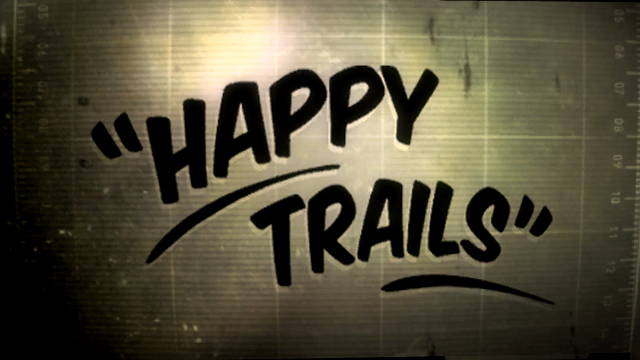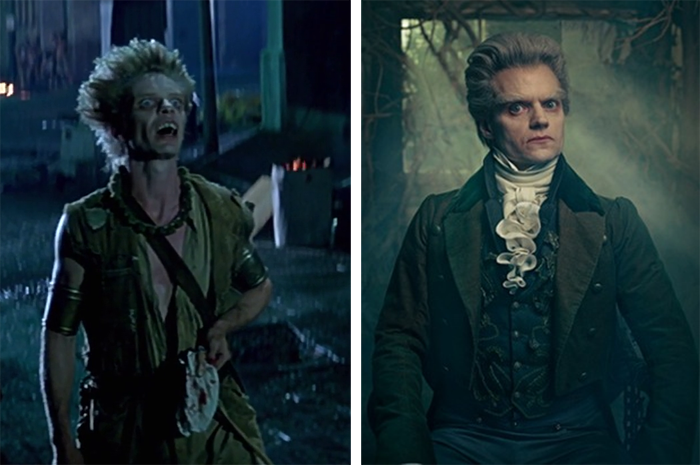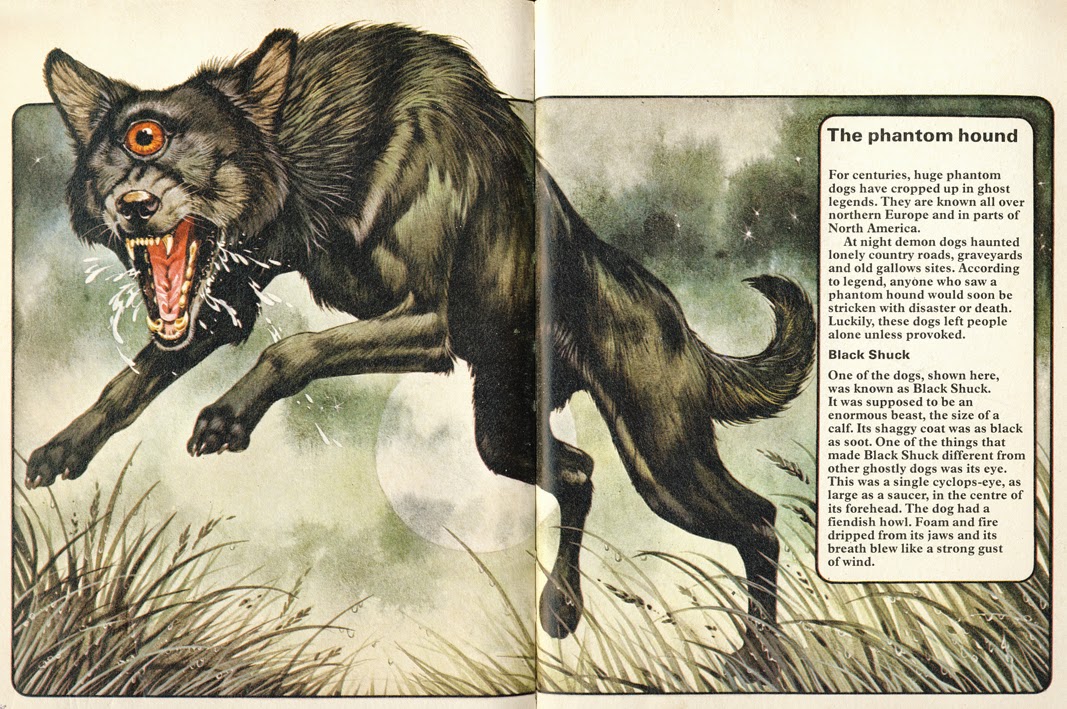It astonishes me to realize that, for all that I adore the show The Flash, I’ve only mentioned it here a couple of times. So, in the name of breaking the week-long quiet streak that has resulted from travelling home, landing in a snowstorm, and shortly thereafter getting extremely sick, I am going to discuss the show that is currently my comfort watching.
When I started watching, I knew very little about the Flash. I knew that he was a speedster from DC comics; I knew that he worked with Superman sometimes; I knew that DC speedsters ran off something called the Speed Force, a kind of platonic ideal or Ur-speed that inhabits speedsters to a greater or lesser degree. And from cultural background radiation, I apparently knew that liquids floated as if they were in zero-G in the presence of the speed force, although I didn’t know I knew this until the light of my life showed me the promo trailer.
(Seriously. There’s more than a minute of this kid called Barry, and lines about being fast enough and having a good heart, and a man in a ball of lightning, and it’s all nagging faintly at me like I should recognize something, but what tips me off to it being a Flash trailer is the liquids in the lab getting all floaty.)
I also knew that I didn’t really like DC. I would take at least a look at any Vertigo comic, and I liked the Batman collection I had (which was actually a Joker collection), and I loved Kingdom Come. But overall the whole superheroes-as-gods thing didn’t hugely appeal.
But I watched the first episode of The Flash, and… okay, it had a bit of pilot-itis, and what looked like an extremely generic unrequited-love thing, but there was this kid. This really kind, hopeful kid. And as cool as his powers were he wasn’t in control of them so I wasn’t getting the “speed god will solve every problem” vibe. And… honestly, I came out of the first episode thinking “He’s like Peter Parker, except his job actually helps people.” And he didn’t have the ‘got powers, was painfully selfish until someone died’ thing going that Parker did, and…
He was hopeful. The whole show was hopeful, a four-colour major-key paen to saving people and supporting each other and powers as attribute embodiment and the ways tech is awesome and interesting and can be used to help people. He was… inspirational, I guess?
I gushed about this a little to the light of my life, and he pointed out to me that there was a reason Barry Allen had been chosen as an avatar of hope in DC comics. (Which was something else I didn’t know.)
This is, I think, discussed in greater detail with better construction and more coherence by Eric Burns-White (a guy who seems to have an excellent grasp of certain essentials of pulp-printed fiction, and is a hell of a lot more articulate than me), in his essay “My name is Eric Burns-White, and I have almost always hated Barry Allen.” Which I’m recommending as someone who adores the Barry Allen she’s seen to date, and can completely understand why the Barry Allen described would be an extremely annoying character.



